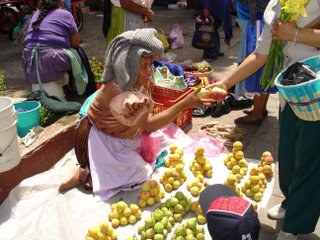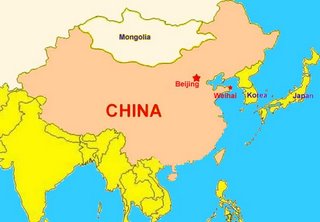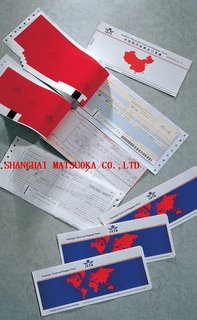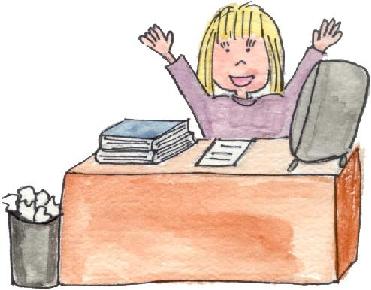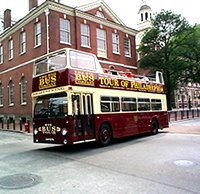
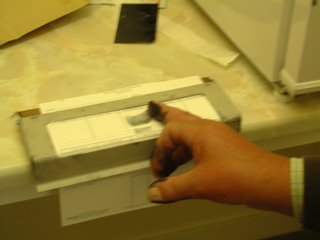
The process of obtaining a Chinese visa was slightly tedious. I assumed that for visitors to the U.S., procedures would be more streamlined. WRONG!
At least for Asians, U.S. visas are very difficult to obtain, and very expensive, given the exchange rate. I believe James Zhang said they cost $100 for a single entry. That's 800 renminbi. In addition, entrants to this country pay another $100 to the Department of Homeland Security. And except for British travelers, all visitors to the U.S. are fingerprinted.
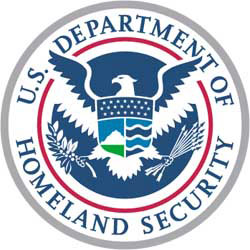
Yes I know the arguments. In this post 911 universe, we have to be on the lookout for terrorists, and we need to take additional precautions. But excuse me-- I am truly embarrassed to learn that people like Professor James and Professor Daniel, academics whom we invited to the U.S. were subjected to this procedure.
I'm told we're the only country with this requirement, and it's true, based on my experience. England and Ireland simply stamp your passport. Mexico has you fill out a form shortly before you land. Turkey has you purchase a visa after you land. In France, they frisk you at the airport. But I know of no other country that requires fingerprints. If they're so necessary, why exempt the British?
Look, I know there are arguments on the other side. Officials compare the prints of new entrants to those of terrorists and criminals on file. But fingerprinting our guest scholars! Do you fingerprint your dinner guests? I am deeply ashamed. And to foreign visitors come to share their expertise, I truly apologize.


